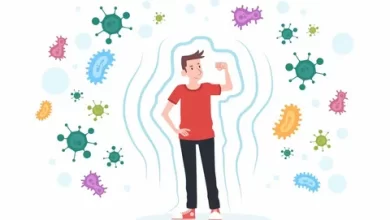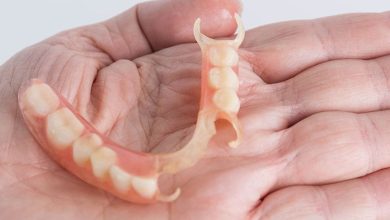General Information About Anal Cancer

Table of Contents
About Anal Cancer
Anal cancer is a type of cancer that forms in tissues of the anus. The anus is the opening of the rectum to the outside of the body and at the end of the GI tract.
Sometimes anal cancer causes no symptoms at all. But bleeding is often the first sign of the disease. The bleeding is usually minor. At first, most people assume the bleeding is caused by hemorrhoids (painful, swollen veins in the anus and rectum that may bleed).
While symptoms are more likely to be caused by benign (non-cancer) conditions, like hemorrhoids, anal fissures, or anal warts, if you experience anal bleeding, it’s important that you have it checked by a doctor so that the cause can be found and treated, if needed.
Learn about anal cancer and find information on how we support and care for people with anal cancer before, during, and after treatment.
Symptoms
Anal cancer signs and symptoms include:
- Bleeding from the anus or rectum
- Pain in the area of the anus
- A mass or growth in the anal canal
- Anal itching
RISK FACTORS
A risk factor increases your chance of getting a disease. The most common risk factor for anal cancer is being infected with the human papilloma virus (HPV).
HPV is a sexually transmitted virus that may also cause warts in and around the anus or genitals in both men and women, but anal cancer can occur without the presence of warts. Other risk factors include:
- Age (55 and older)
- Anal $xx
- $xxually transmitted diseases
- Multiple $xx partners
- Smoking
- History of HPV-related cancers, especially cervical
- Weakened immune system due to HIV, chemotherapy, or having an organ transplant
- Chronic inflamed areas that cause long-term redness or irritation, such as anal fistulas or open wounds in the anal area
- Prior pelvic radiation therapy for rectal, prostate, bladder, or cervical cancer.
PREVENTION
Although few cancers are totally preventable, avoiding risk factors and getting regular checkups are important. Using condoms may reduce, but not get rid of the risk of HPV infection.
HPV vaccines (for those ages 9 to 26) have been shown to not only lower the risk of HPV infection, but also reduce the risk of anal cancer in men and women. People at increased risk should talk to their physicians about getting an anal cancer screening.
During this test, your physician swabs the anal lining, looking at the cells under a microscope for anything unusual. Other forms of screening include looking closely at the area during a surgery, or in the office with a special scope to look in the anal canal. Early identification and treatment of precancerous areas may help prevent anal cancer.
For any important information please contact us Email GadgetsNg info@gadgetsng.com
[Button id="1"]




I was suggested this website by my cousin. I’m not sure whether this post is written by him as no one else know such detailed about my trouble.
You are wonderful! Thanks!
Also visit my blog: vpn coupon code 2024
I really like it when individuals come together and share views.
Great site, continue the good work!
my blog post vpn special coupon code 2024